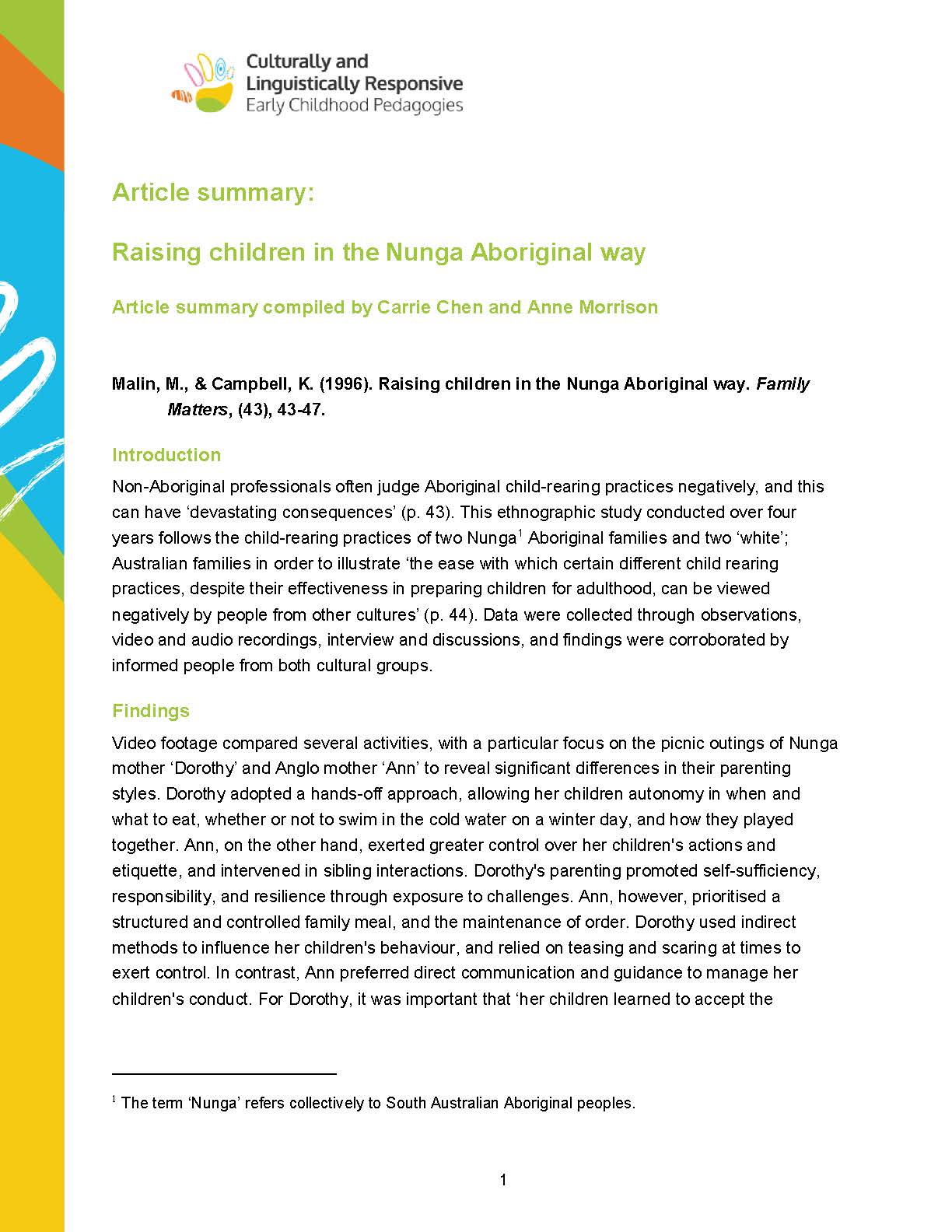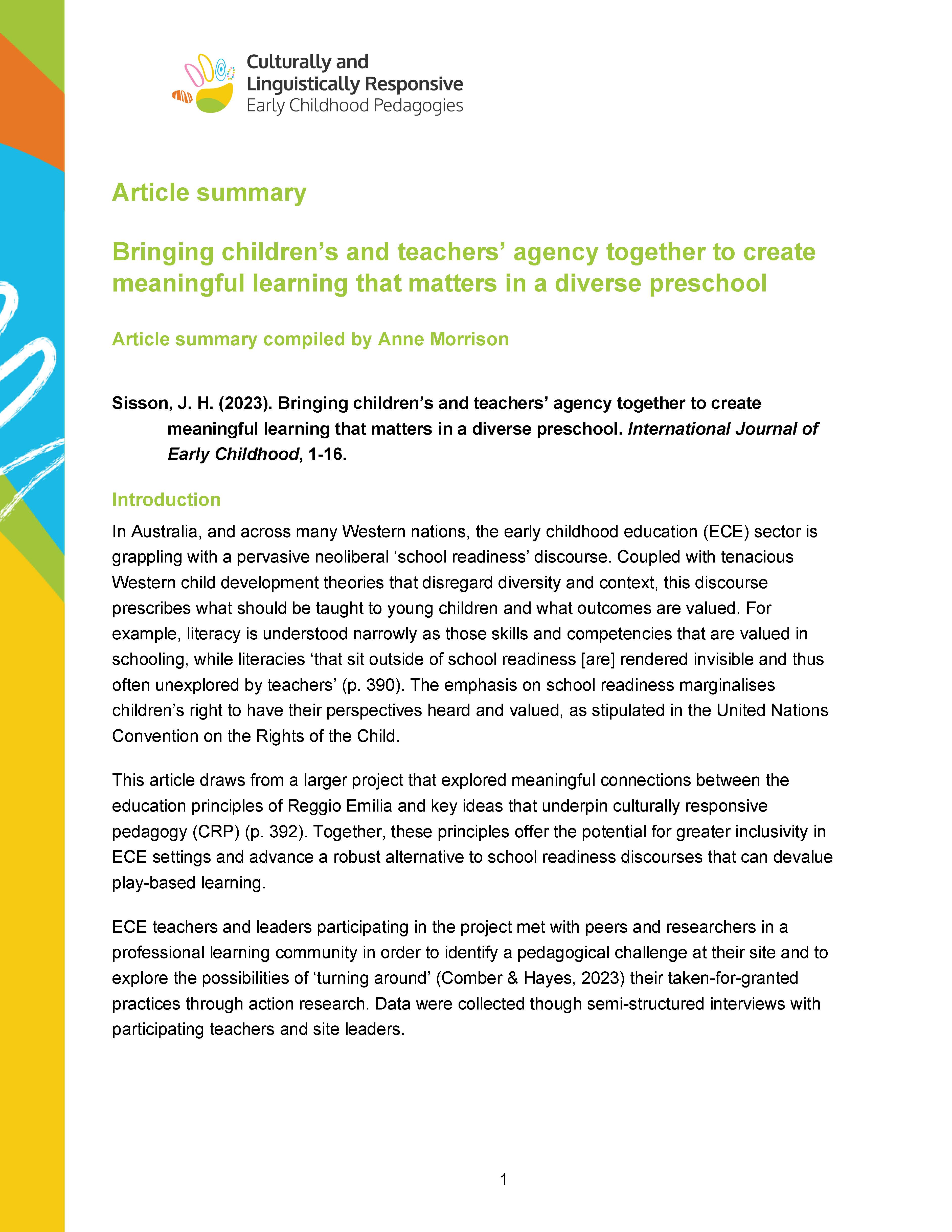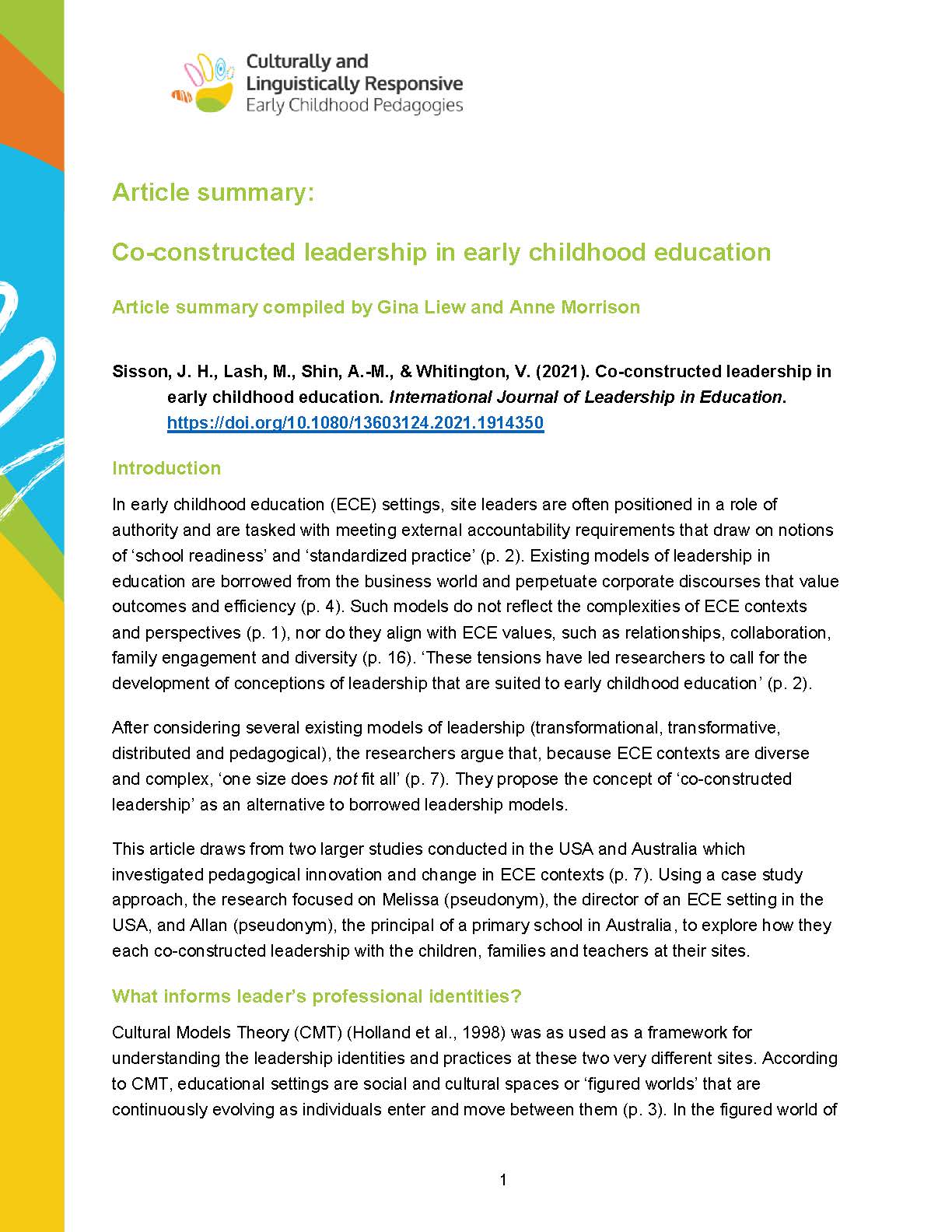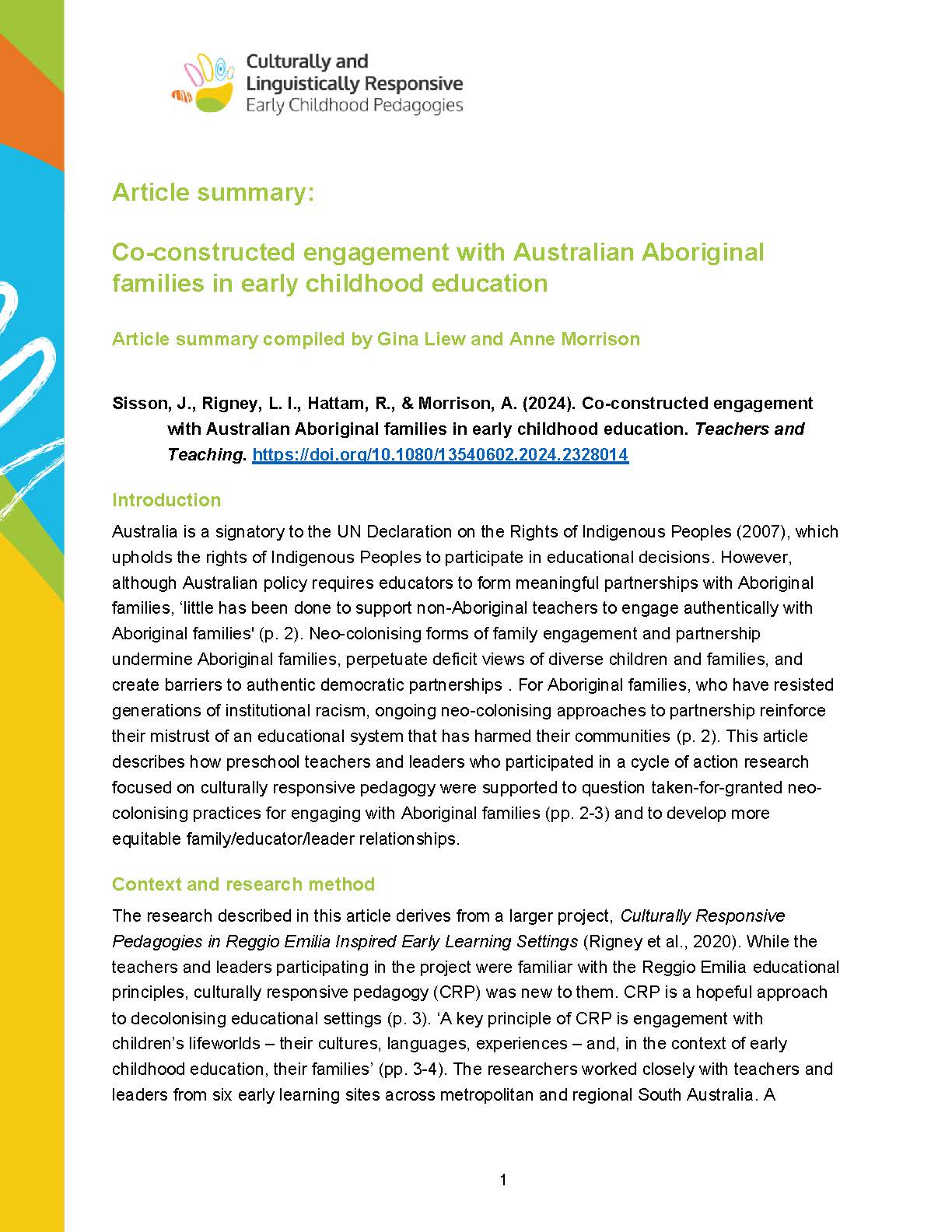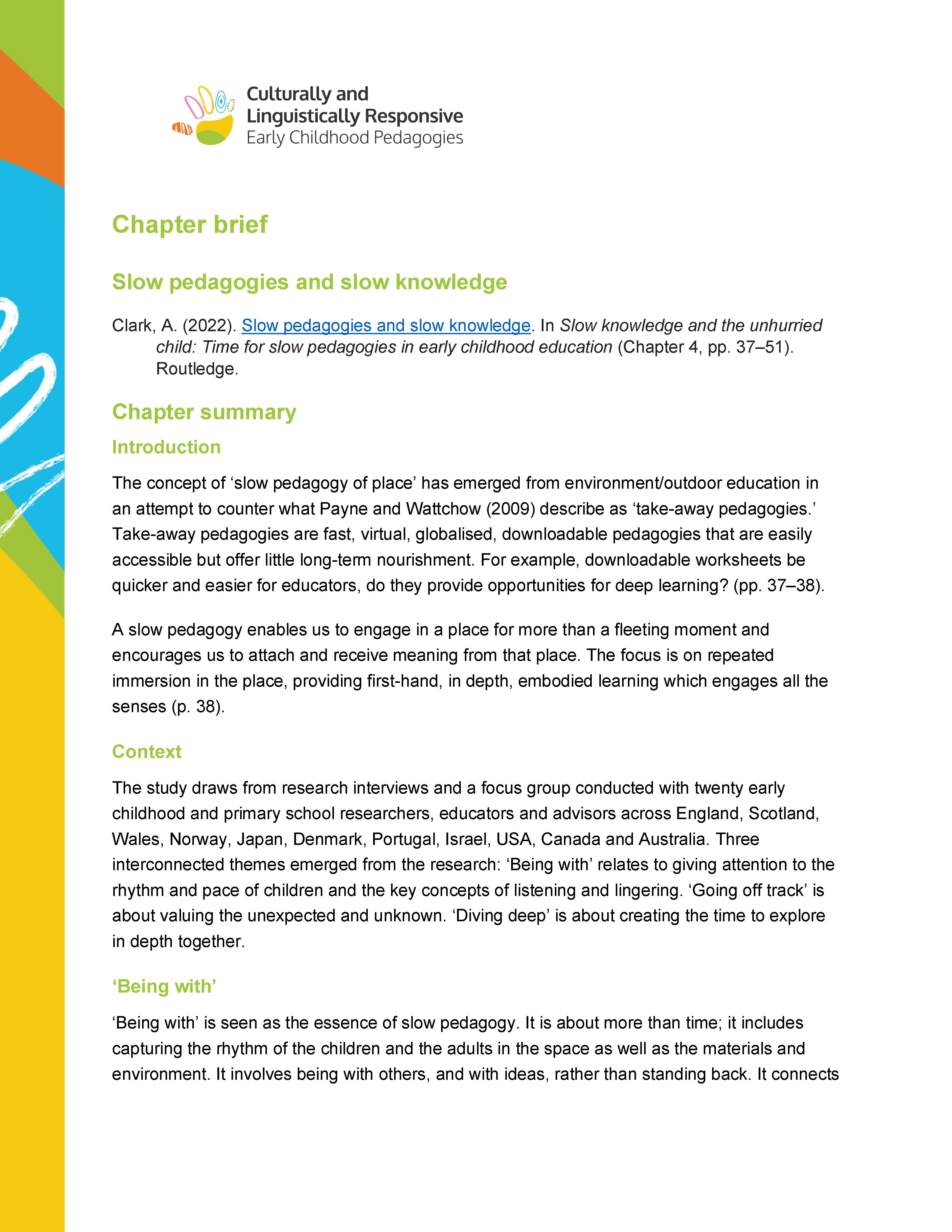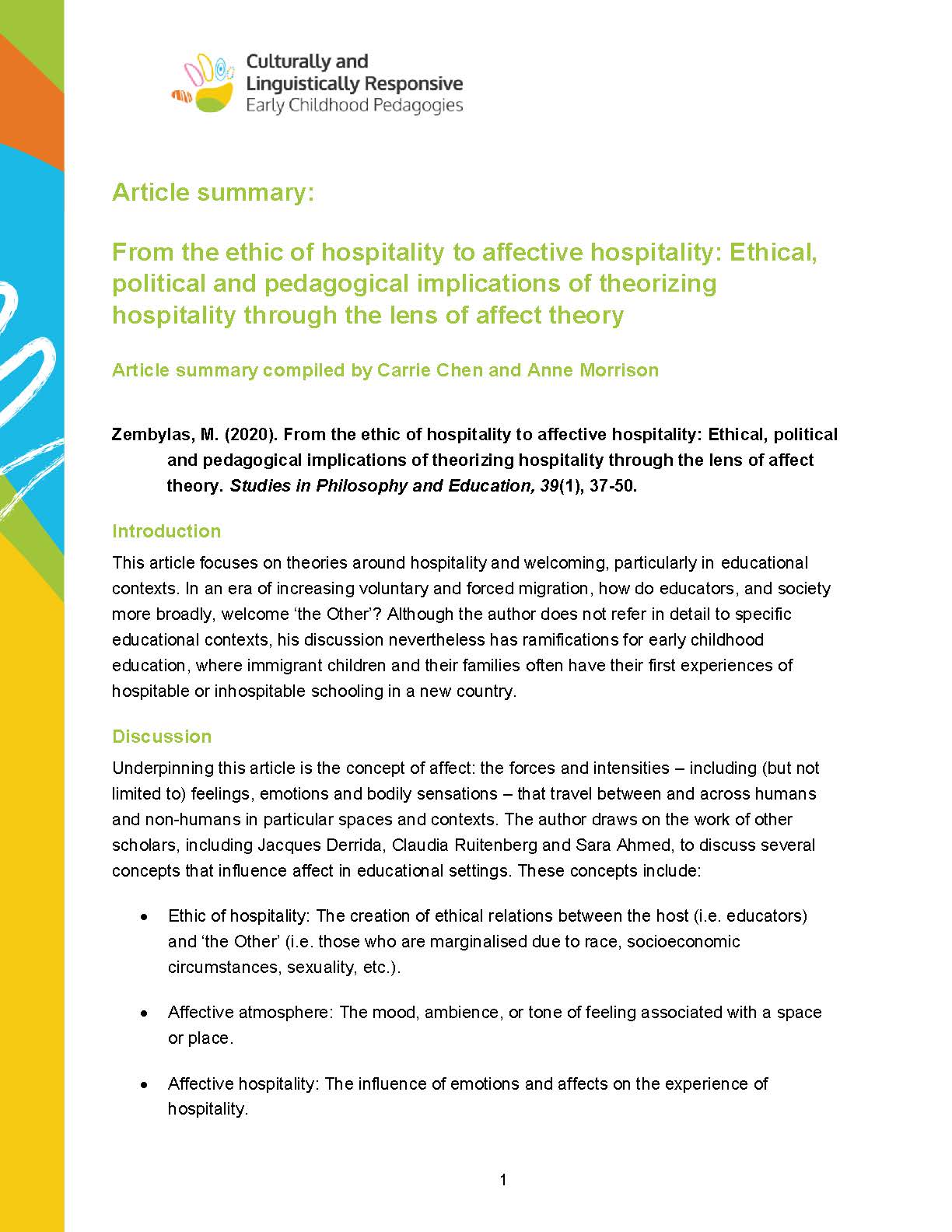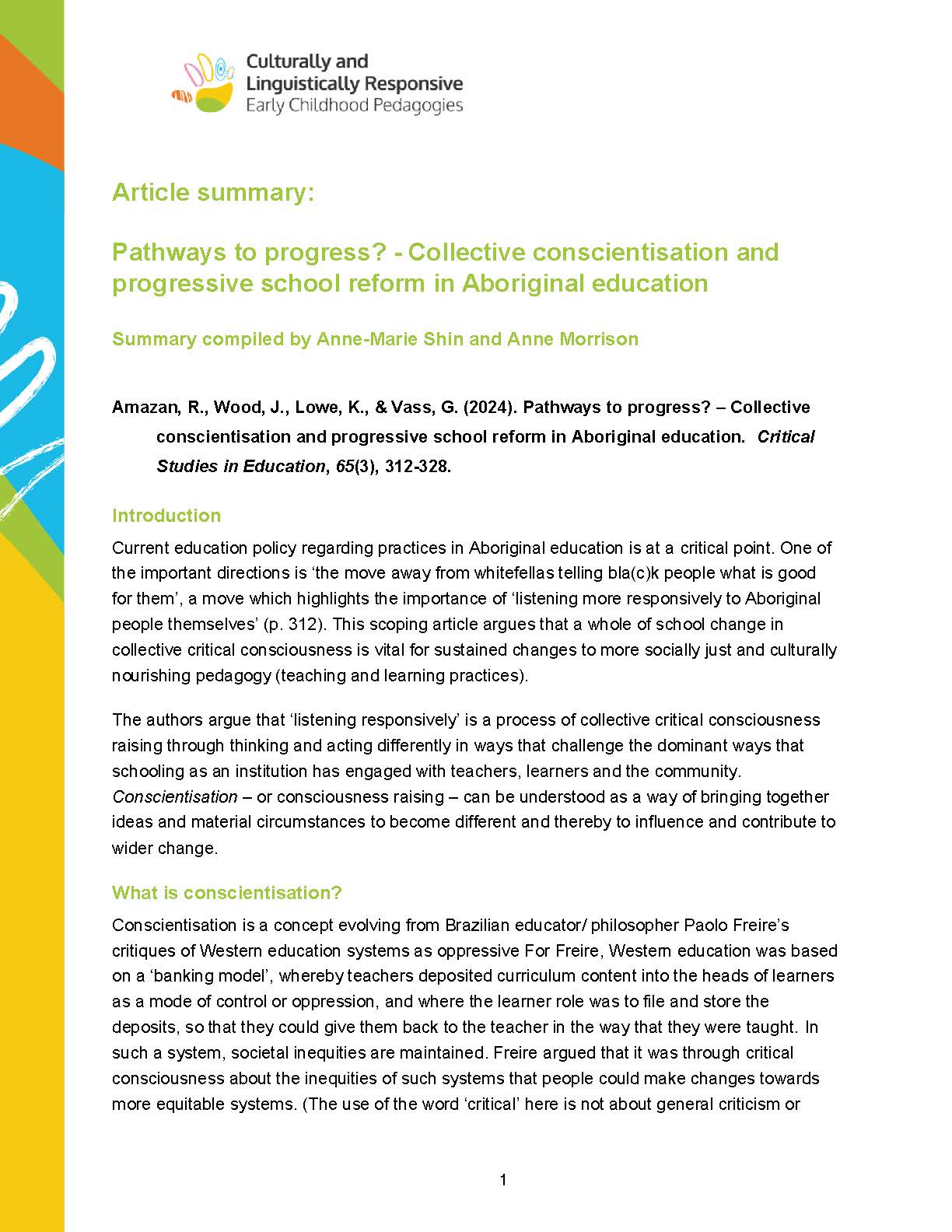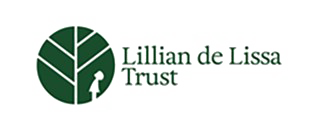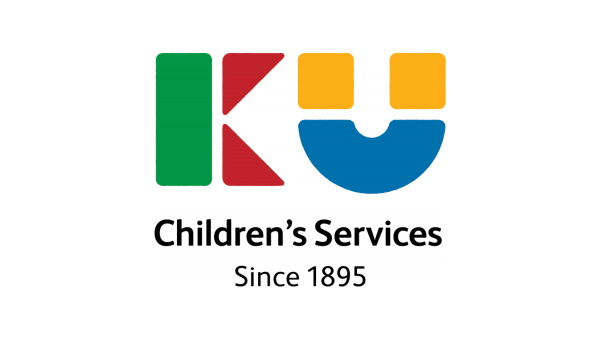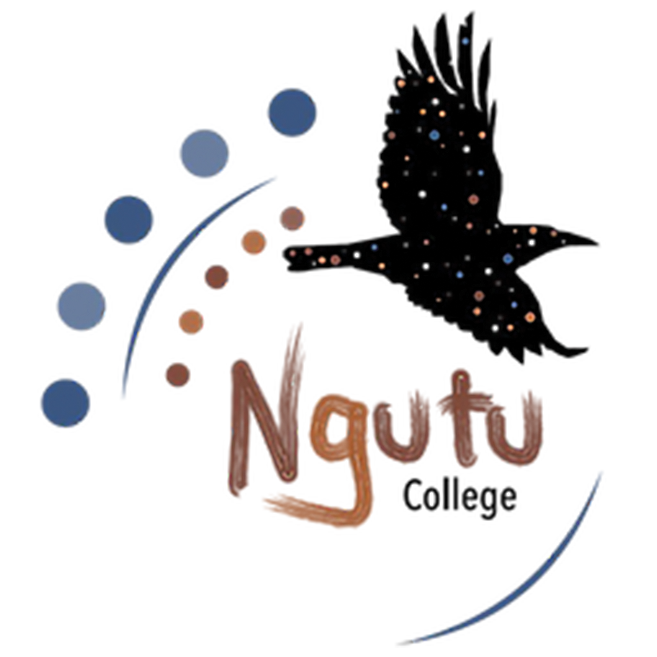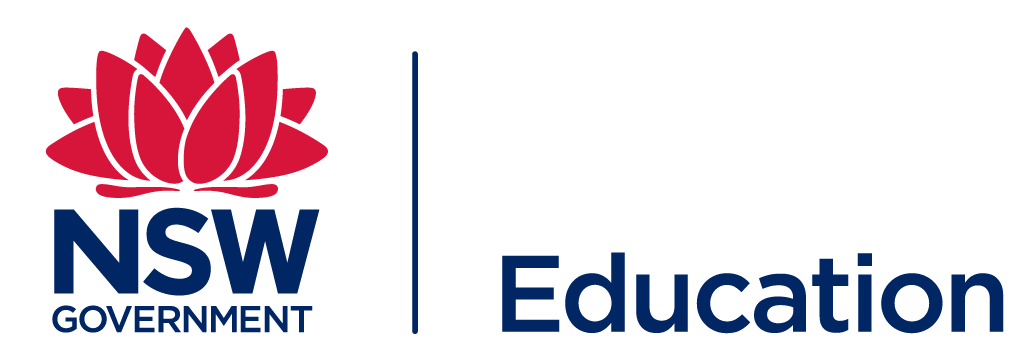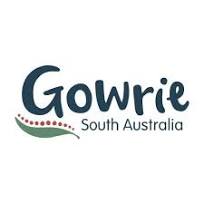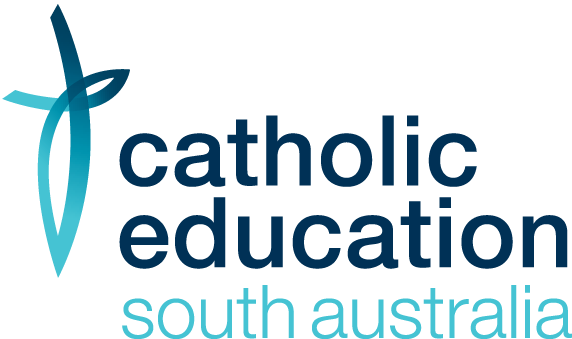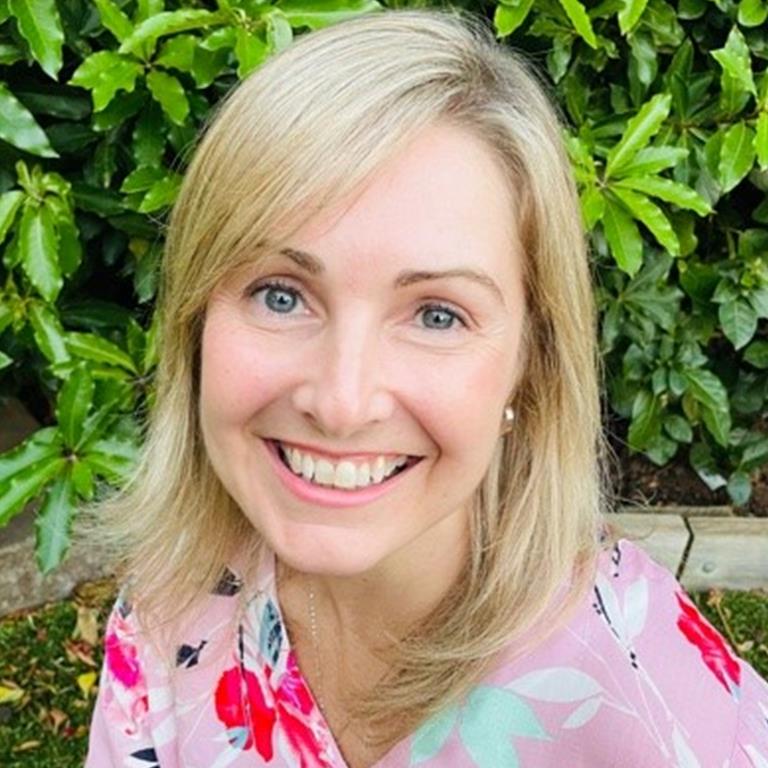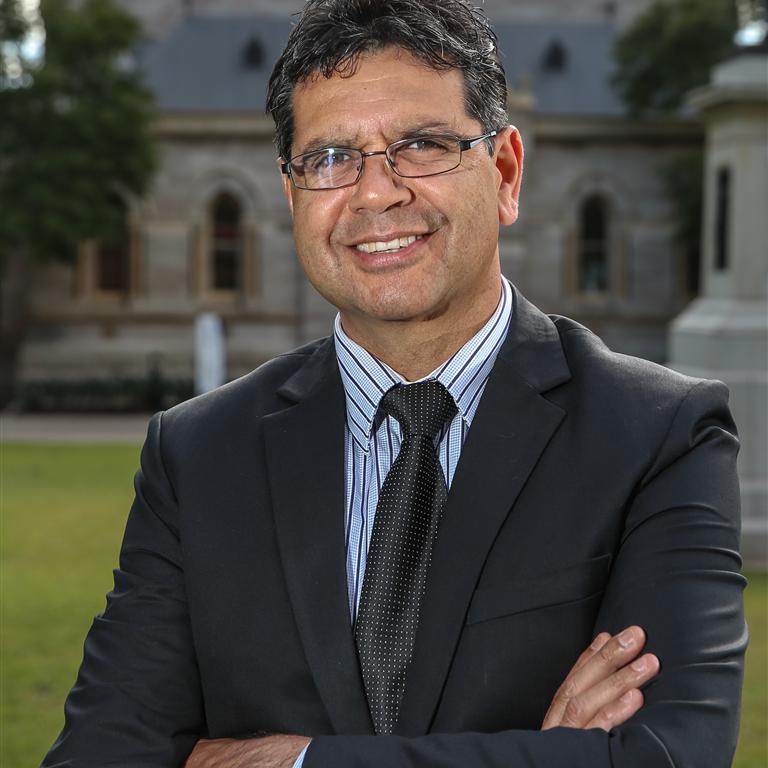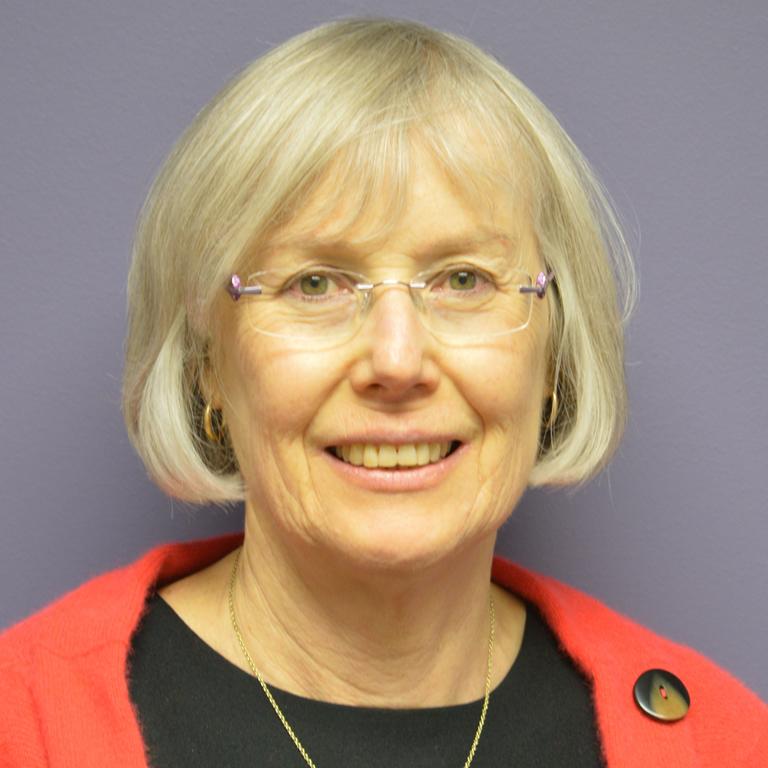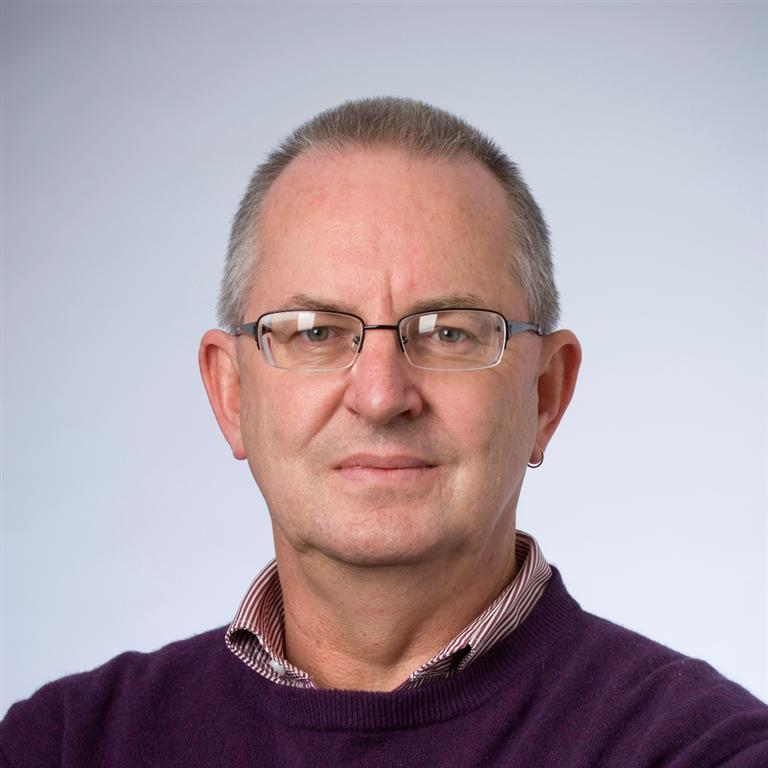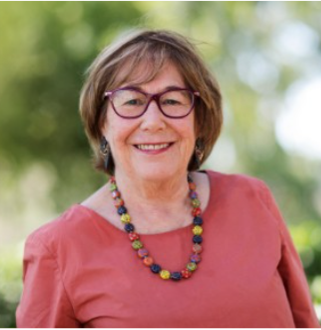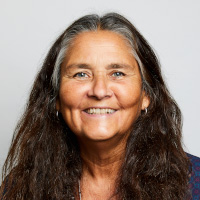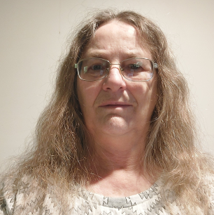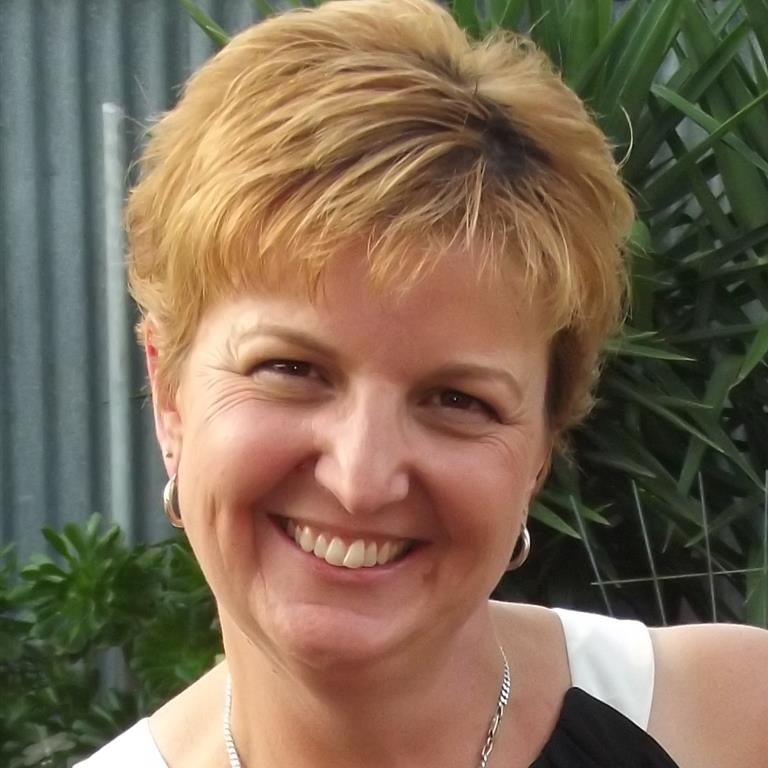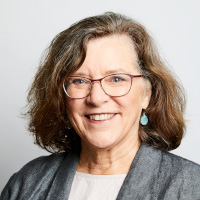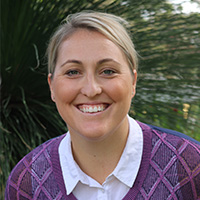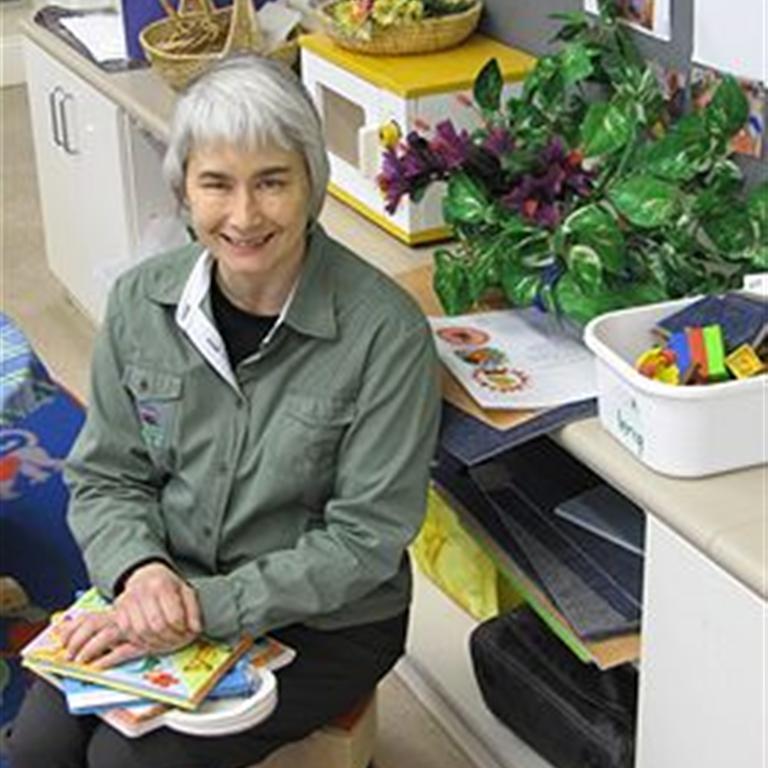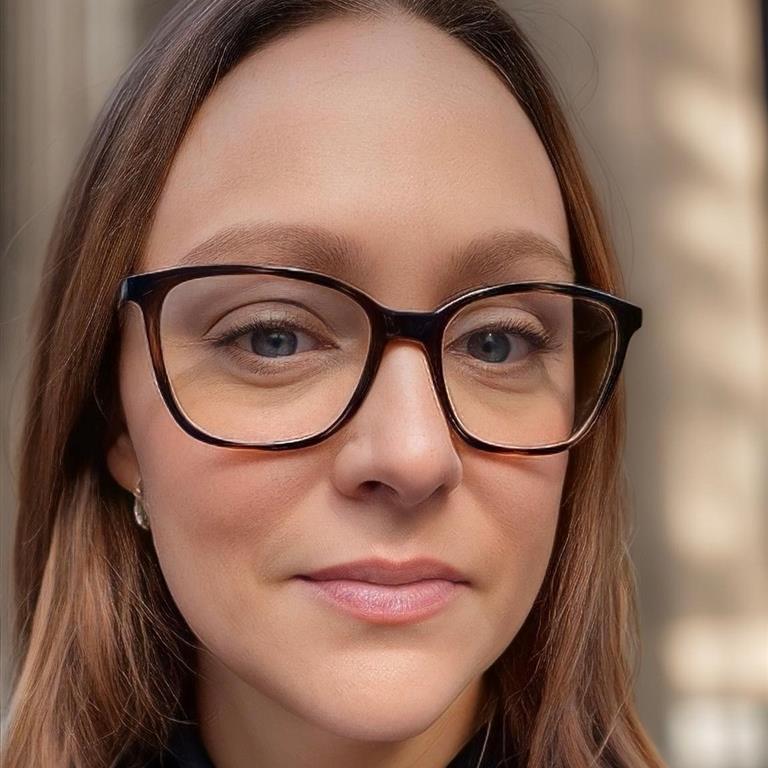
The Culturally and Linguistically Responsive Early Childhood Pedagogies research project aims to co-investigate early childhood education practices that supports meaningful learning and a strong sense of belonging for all children, families and educators. Recognises the pivotal role of early childhood educators and leaders in translating policy into meaningful practice this research addresses the gap between policy and practice by using a co-design approach. As a result, the project outcomes include both research outputs and practical resources from which we invite audiences to use.
This project is funded by the Lillian de’Lissa Trust in partnership with five industry partners across South Australia and New South Wales and the University of South Australia and Western Sydney University.
Would you like for your early childhood centre to become involved in our project
Do you find this website and resources helpful?
-
Background
Background
The early years of a child’s life are important not only to their future learning but also to their developing identities and sense of belonging to a broader community. We know that children learn best when they feel a strong sense of identity and belonging within their education and care settings, thus culture and language are important to children’s identities. We also know that early childhood education settings are often rich with cultural and linguistic diversity, however, this can feel overwhelming for early childhood educators who do not have strategies to employ culturally and linguistically responsive pedagogies. This issue was highlighted in the updated National Australian Early Years Learning Framework (EYLF 2.0) which identified urgent need for early childhood practices to be culturally responsive. Currently, however, there remains little guidance on how to achieve this in contextually meaningful and sustaining ways.
Recognising the pivotal role of early childhood teachers and educators in translating policy into meaningful practice, this project investigates how culturally and linguistically responsive practices are enacted and progressed in early childhood education settings within South Australia and New South Wales. This project addresses the urgent need for early childhood pedagogies that support educators to engage with children and families to build upon their rich cultural and linguistic funds of knowledge . Such pedagogies are significant to achieving meaningful learning outcomes that inspire a love of learning and support strong family/educator partnerships.
This project builds from previous research within South Australia and New South Wales led by the research team:
- An Investigation of the Reimagining of Early Childhood Education in South Australia (Sisson, Whitington and Shin, 2018),
- Bringing Culturally Responsive Pedagogies and Reggio Emilia Education Principles into Dialogue (Rigney, Sisson, Hattam and Morrison, 2020).
- Early Action for Success 2012-2014 (Arthur and Woodrow, 2018),
- Enhancing English Learning: Building on Linguistic and Cultural Repertoires in School Settings (D’warte, 2018)
These projects have created a strong foundation from which to build culturally and linguistically responsive early childhood pedagogies across both jurisdictions. This project aligns with the South Australian Early Learning Strategy 2021-2031, which aims to build research partnerships to inform evidence-based culturally responsive practices and strengthen partnerships with families.
-
Project objectives & design
Objectives
- Develop a collaborative professional learning community across two States focused on co-designing culturally and linguistically responsive early childhood practice.
- Provide mentoring to support sites in facilitating two whole-year action research cycles focused on engaging with culturally and linguistically responsive pedagogies.
- Support ECE leaders in developing a whole-of-site approach to sustain culturally and linguistically responsive early childhood pedagogies.
- Develop project resources that will be publicly available to inform teacher education and professional learning.
Design
This project uses a co-design approach to develop a bespoke professional learning community. This community includes early childhood educators, leaders, academics, local Elders and visiting experts from the field who discuss strategies and challenges for co-constructing meaningful cultural and linguistic practices for all children, families and staff. As part of the co-design approach, educators and leaders engage in critical action research to trial theoretically-informed culturally and linguistically responsive practices. Qualitative methods such as interviews and observations are used to explore the experiences of educators, leaders, children, and families.
-
Project Publications and Conference Presentations
External Conference Presentations
(*denotes practicing teacher-researcher)
- Barnes, J., & D’warte, J. (December 2024) Exploring Early Years Educators’ perceptions of Culturally and Linguistically Responsive Pedagogies through the lens of Funds of Knowledge and Funds of Identity. Australian Association for Research in Education Conference, Sydney, NSW.
- Sisson, J., Whitington, V., Woodrow, C., & Morrison A. (December 2024) Lowering Atmospheric Walls to Family Partnerships. Australian Association for Research in Education Conference, Sydney, NSW.
- Whitington, V., Sisson, J.H. & Woodrow C. (December 2024) Critical action research as a professional learning tool: a case study across four early years education settings. Australian Association for Research in Education Conference, Sydney, NSW.
- Staples, K. & Woodrow, C. (December 2024) Scaffolding Family Relationships: A Continuum of Practice. ‘Education in a Changing World’ Australian Association for Research in Education Conference, Sydney, NSW.
- Sisson, JH, (2024) Responsive and Meaningful Engagement: Re-flection. Early Childhood Organisation AGM.
- Iovino, M*., & Whitington, V., (July, 2024) Languages as a learning asset in a preschool context” Australian Literacy Educators Association Conference, Adelaide.
- Whitington, V., Sisson, J.H. & Woodrow C. (September 2024) Critical action research as a professional learning tool: a case study across three early years education settings. European Early Childhood Education Research Association, Brighton, UK
- Whitington, V, & Sisson, JH (2023, Aug) Culturally and Linguistically Responsive Pedagogies in Early Childhood Education. European Early Childhood Education Research Association, Portugal.
- Sisson, JH, Vittoria B*, Woodrow, C., & Martino, J.* (2023, Oct). Culturally and Linguistically Responsive Partnerships with Families. Early Childhood Australia National Conference, Adelaide, Australia.
- Sisson, JH, Woodrow, C, & D’warte, J. (2022, November) Methods for Engaging with Funds of Knowledge. Symposium: Early Childhood Pedagogies for Social and Environmental Justice. Australian Association for Research in Education. Transforming the Future of Education: The role of research, Adelaide, South Australia.
-
Project Resources
Resources from Elders
Ivan Tiwu Copley - Kaurna & Peramangk Elder - Engaging with Aboriginal families' and children's funds of knowledge, including the role of place in everyday practice.
Uncle Ken -Boandik Elder - History of the First Australians.
Article Summaries
If you are keen to read literature on Culturally and Linguistically Responsive Pedagogies in Early Childhood Education, but are short of time, these article summarise provide key relevant literature.
-
Conference 2025
-
Conference 2024
The 2024 Culturally and Linguistically Responsive Early Childhood Conference highlighted and celebrated the pivotal role early childhood educators play in translating policy into meaningful practice by showcasing research findings from the Lillian de Lissa Trust funded project: Culturally and linguistically responsive pedagogies in early childhood (CLRP).
Presentations illustrated how innovations in culturally and linguistically responsive practices were designed, implemented and progressed in South Australian and New South Wales early childhood contexts in collaboration with university based researchers through the enactment of a critical action research methodology.
Additional provocations were provided in this hybrid conference by keynote presentations from high profile researchers in CLRP.
Keynote Presentations:
Culturally and Linguistically Responsive Pedagogies in Early Childhood Education:
Associate Professor Jamie Sisson, UniSA
Policy and Culturally Responsive Practices
Professor Sue Grieshaber, La Trobe University
Emotional Discomfort in Culturally Diverse Classrooms
Associate Professor Samara Madrid Akpovo, University of Tennessee
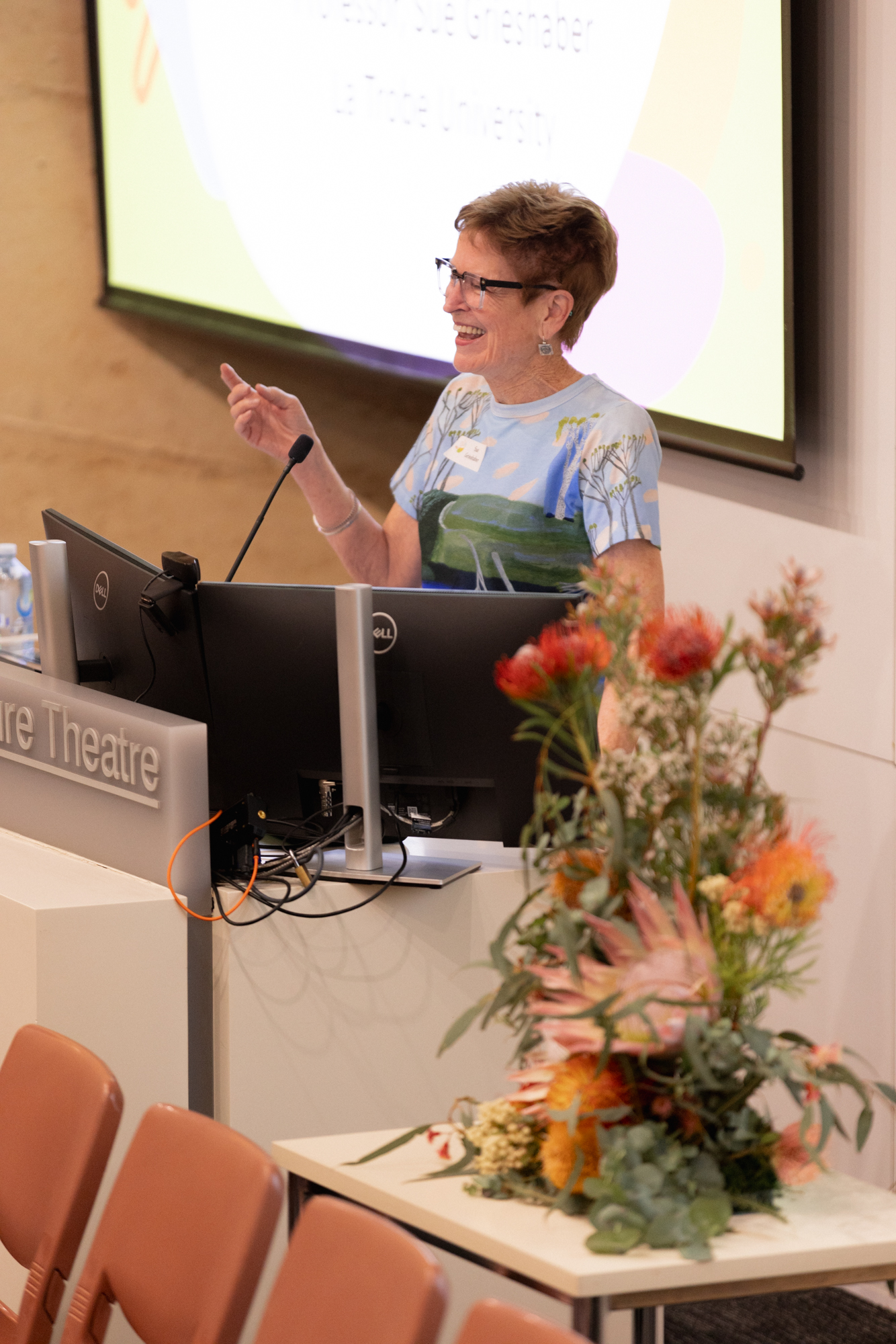
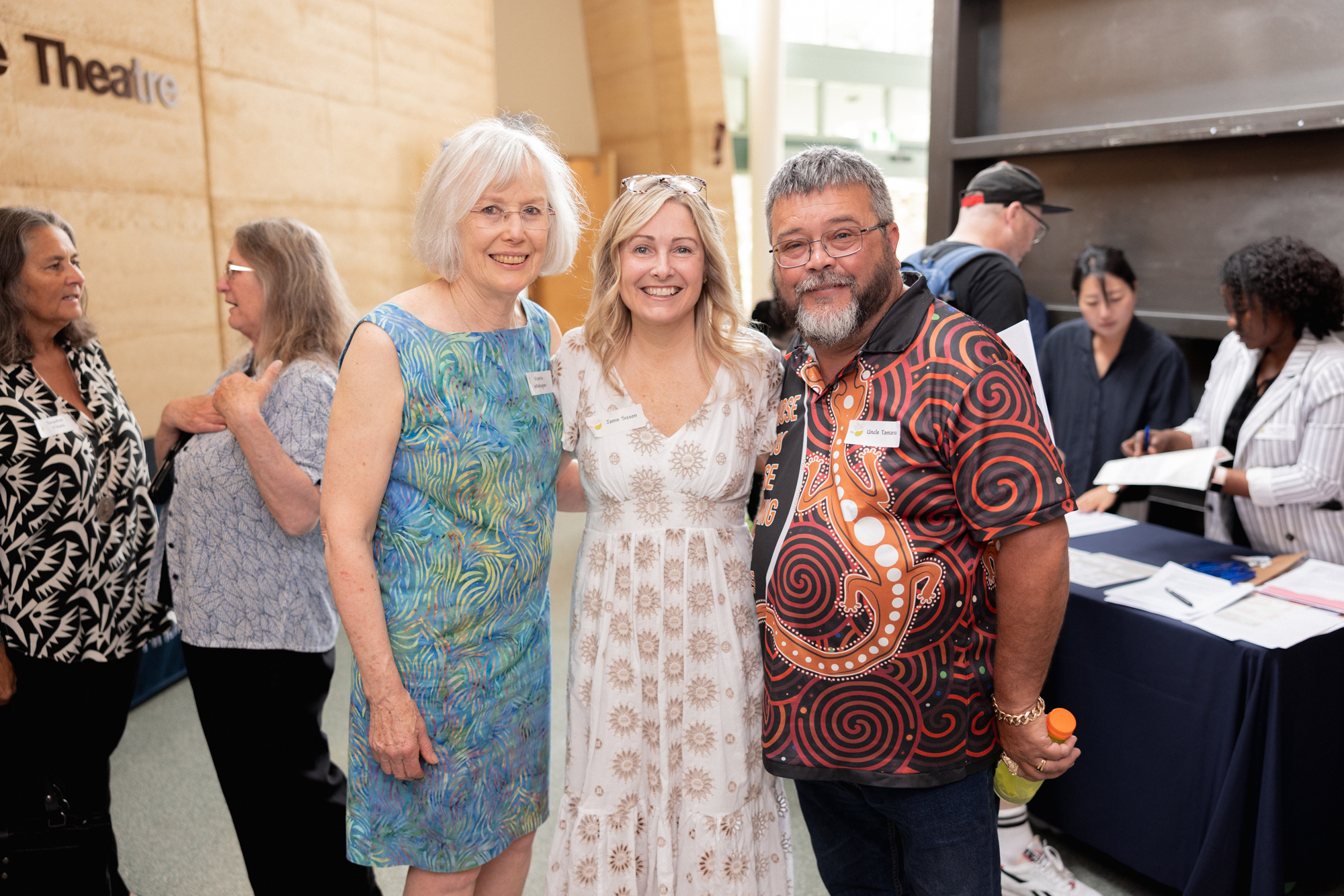
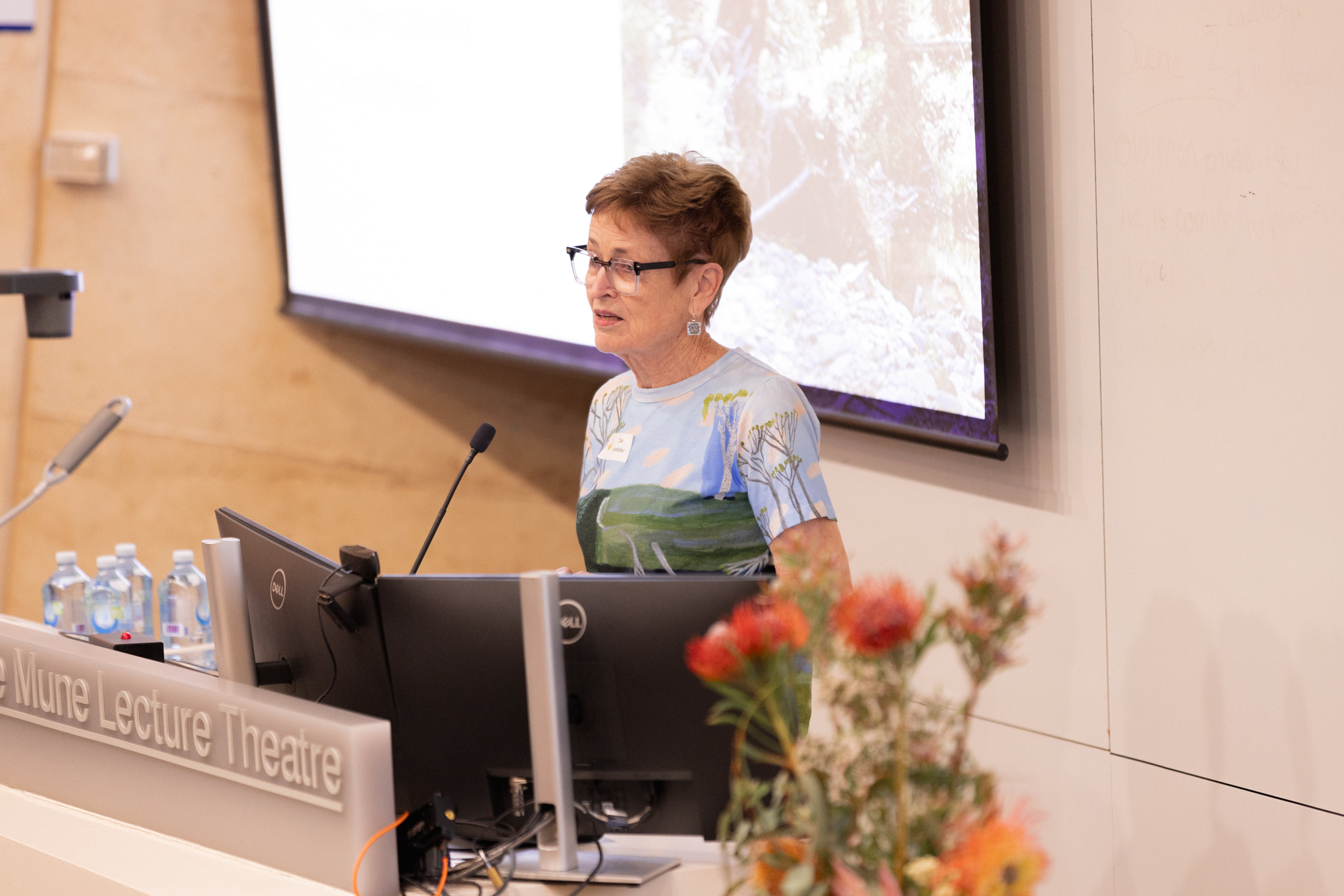

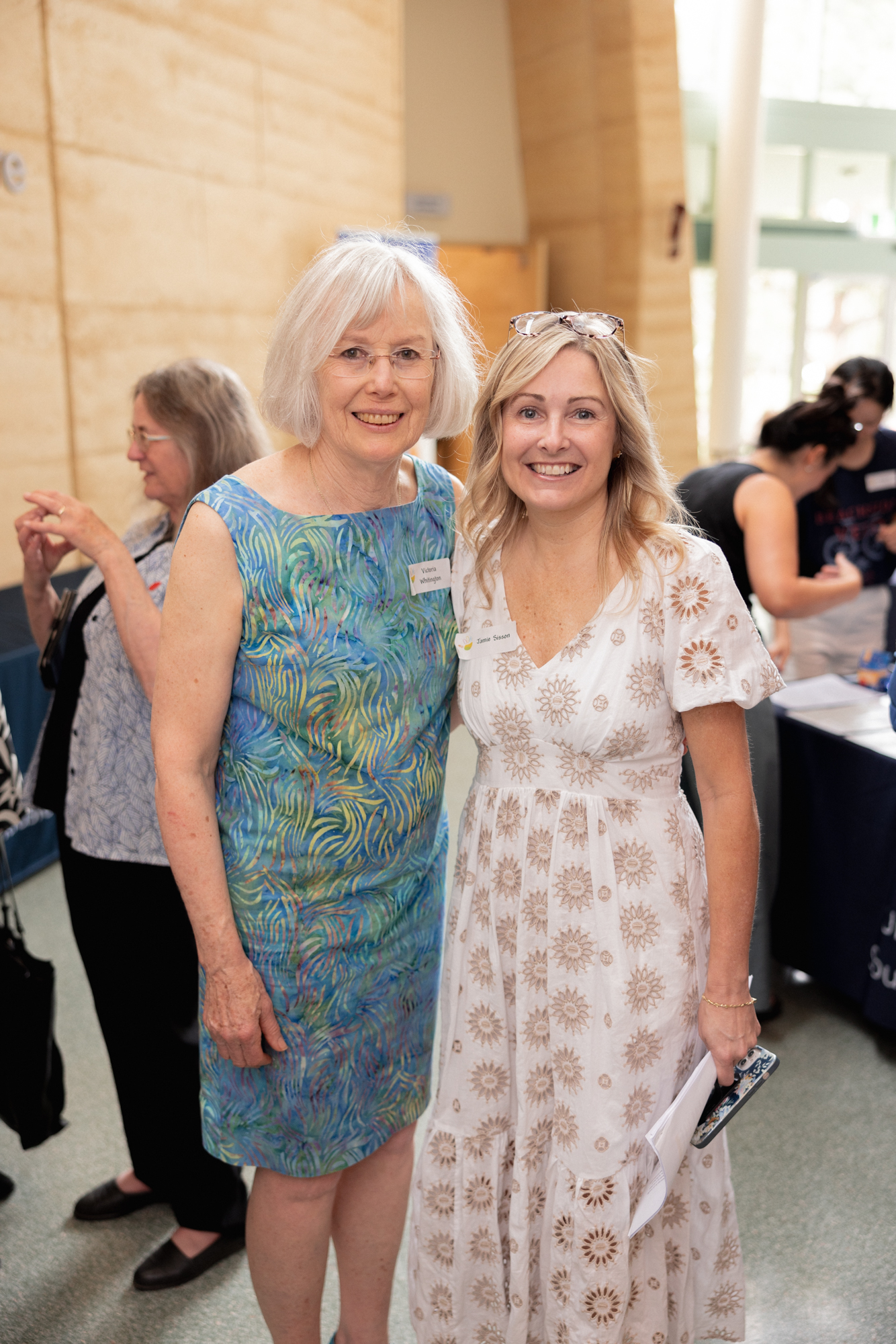
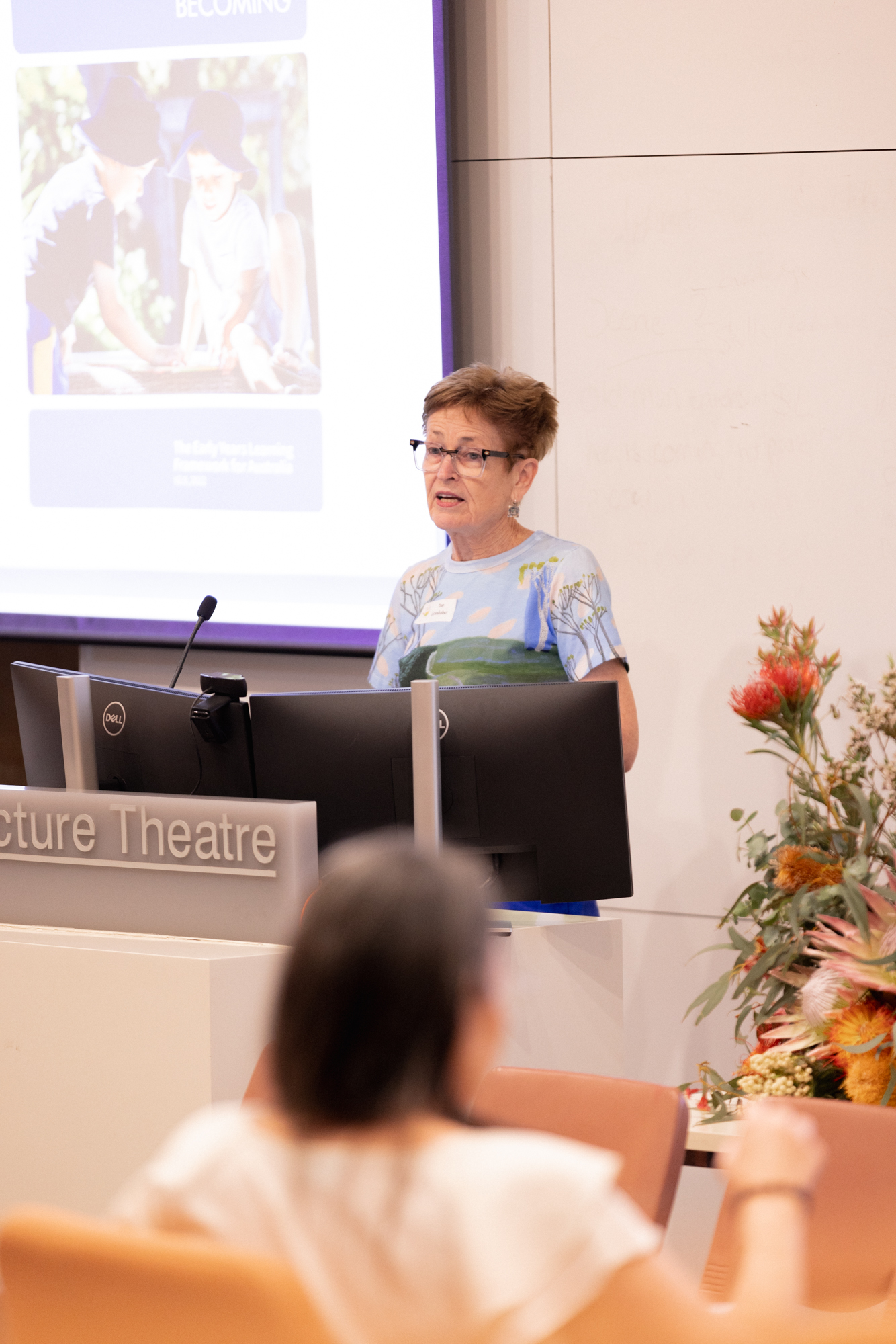
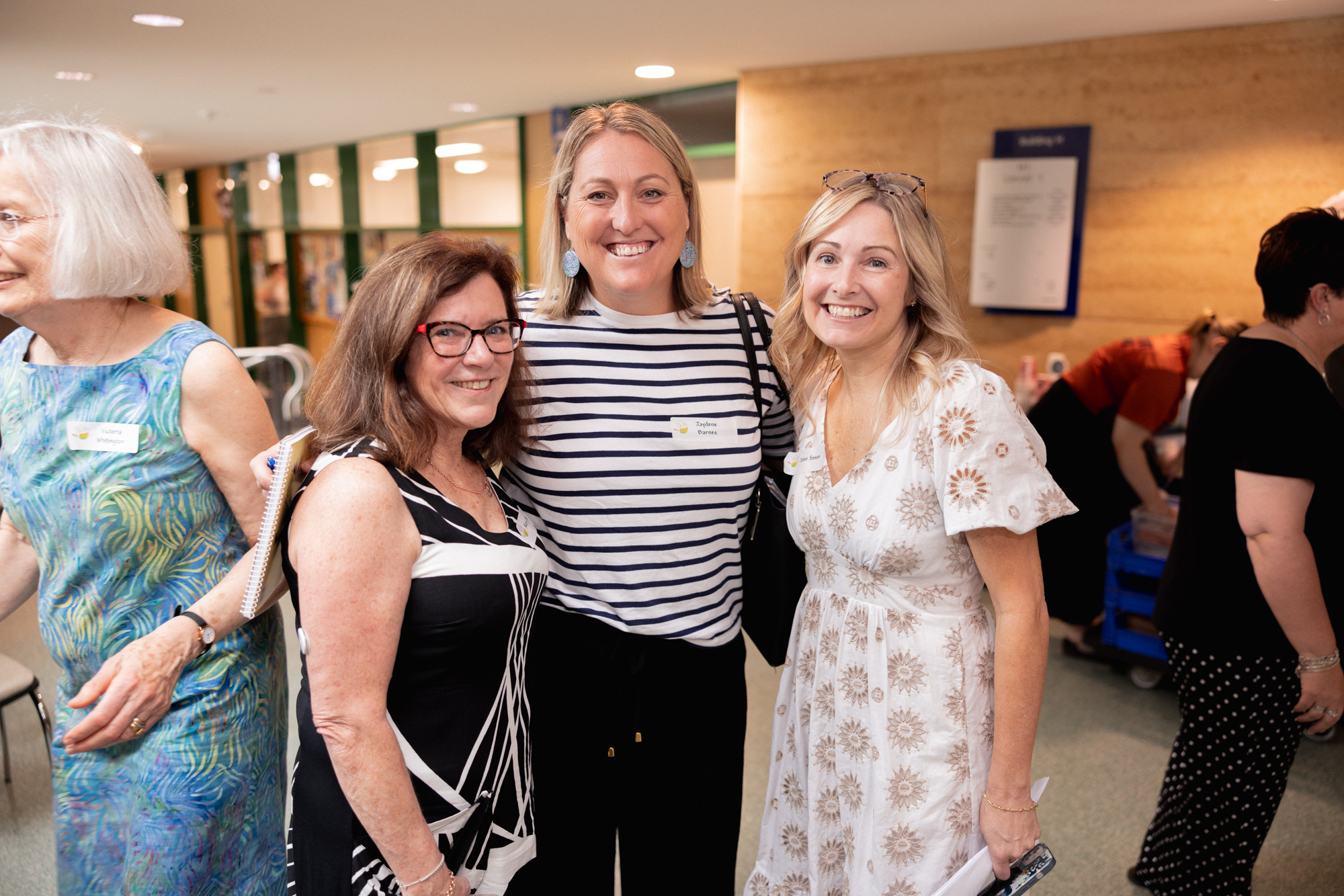
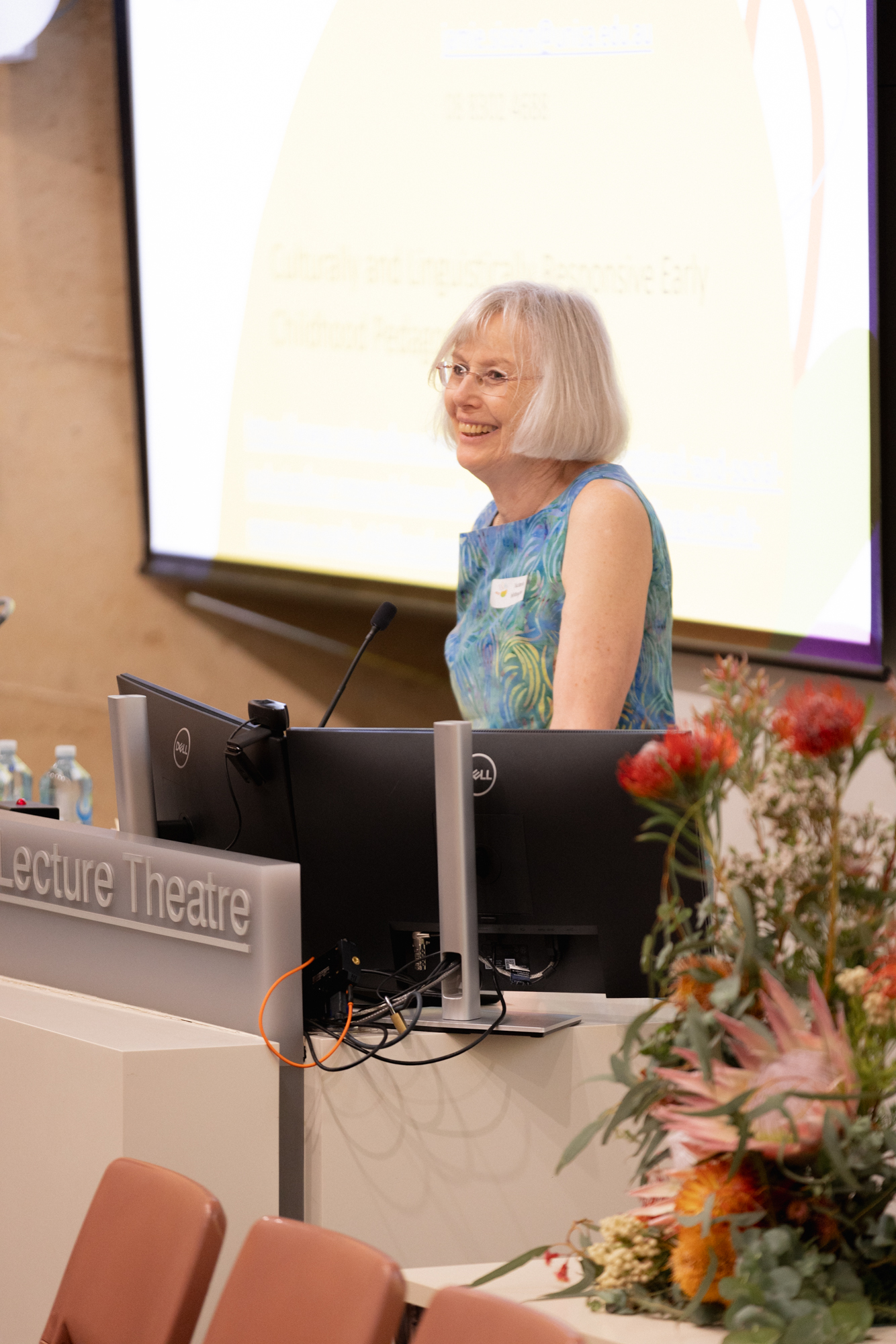
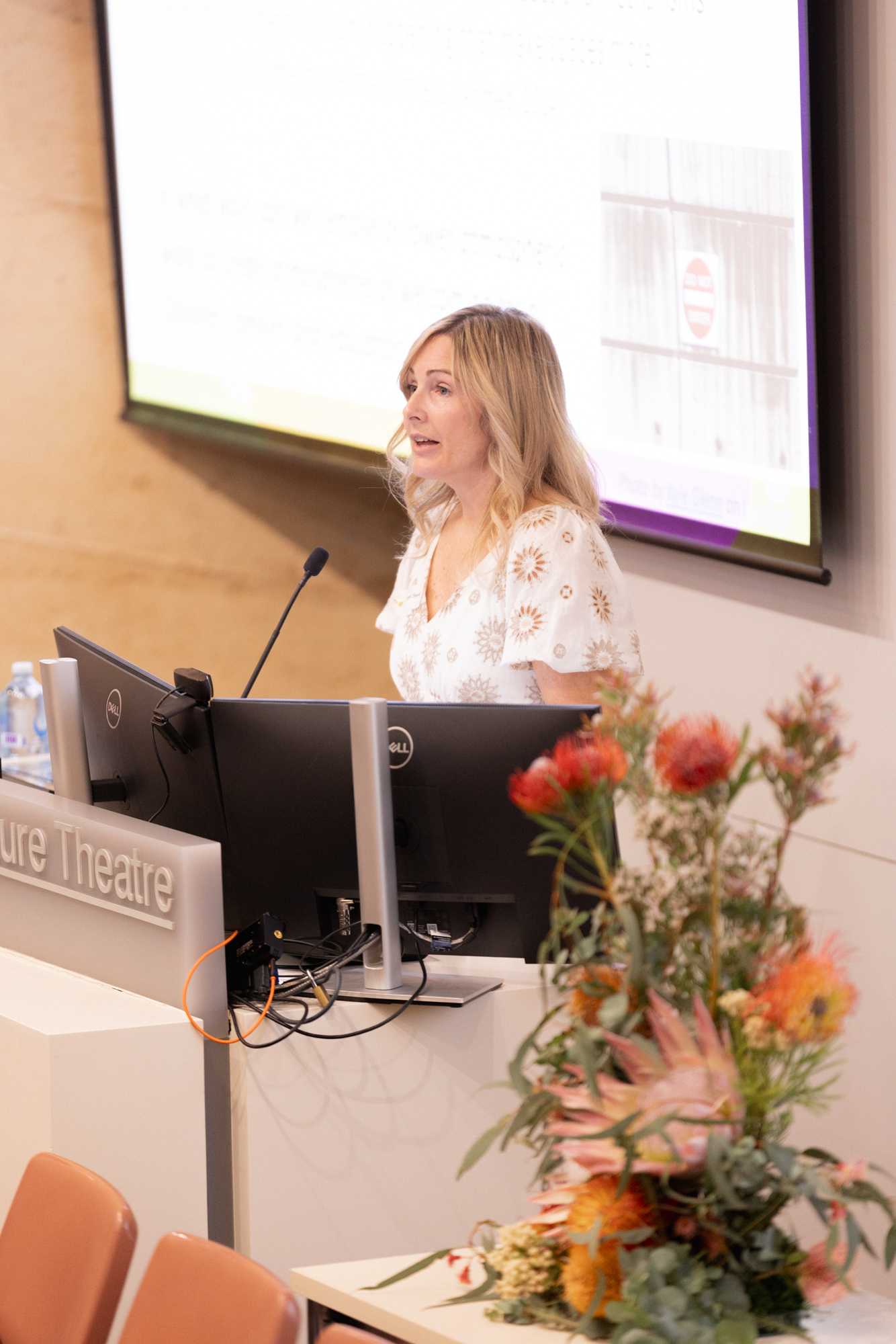
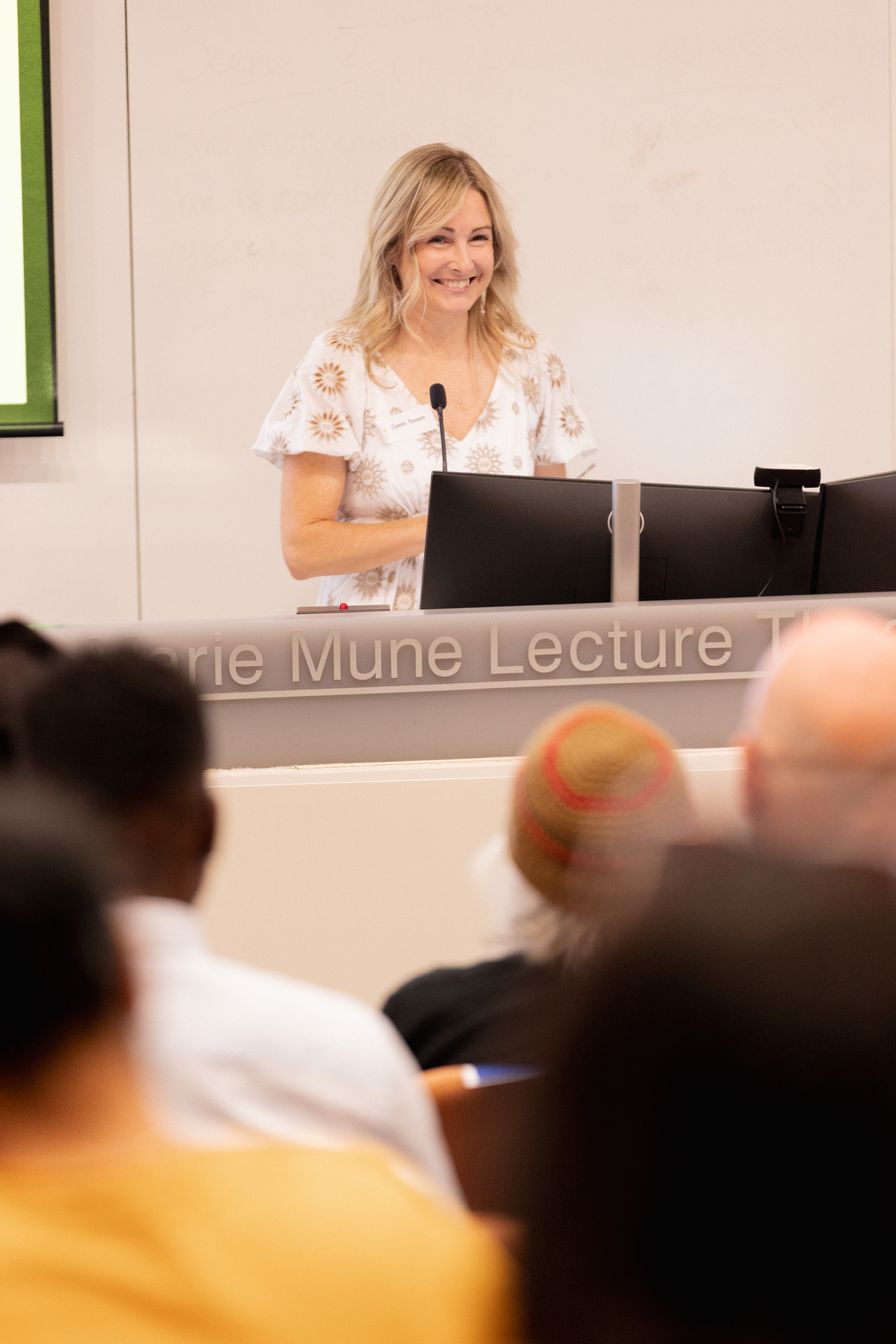
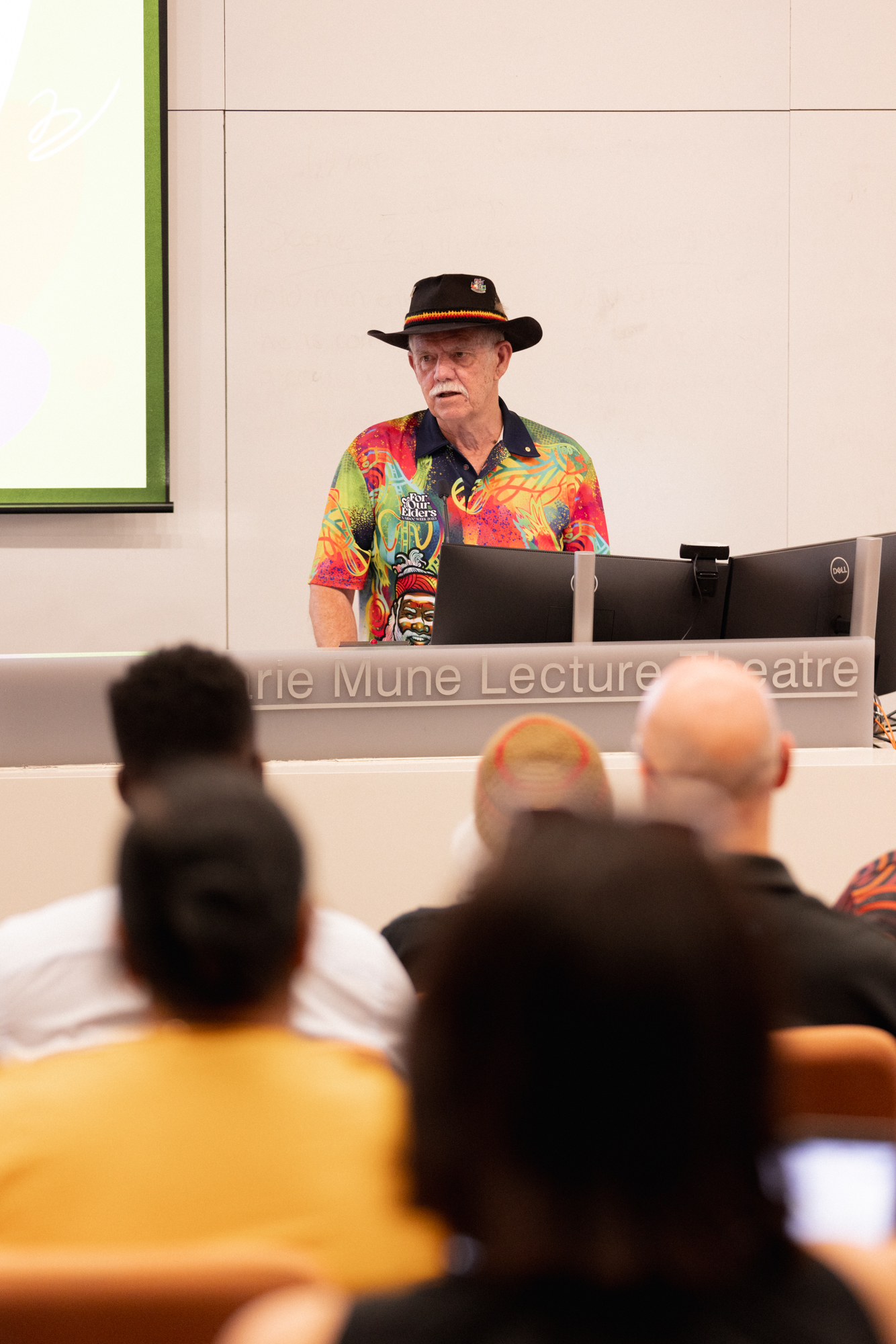
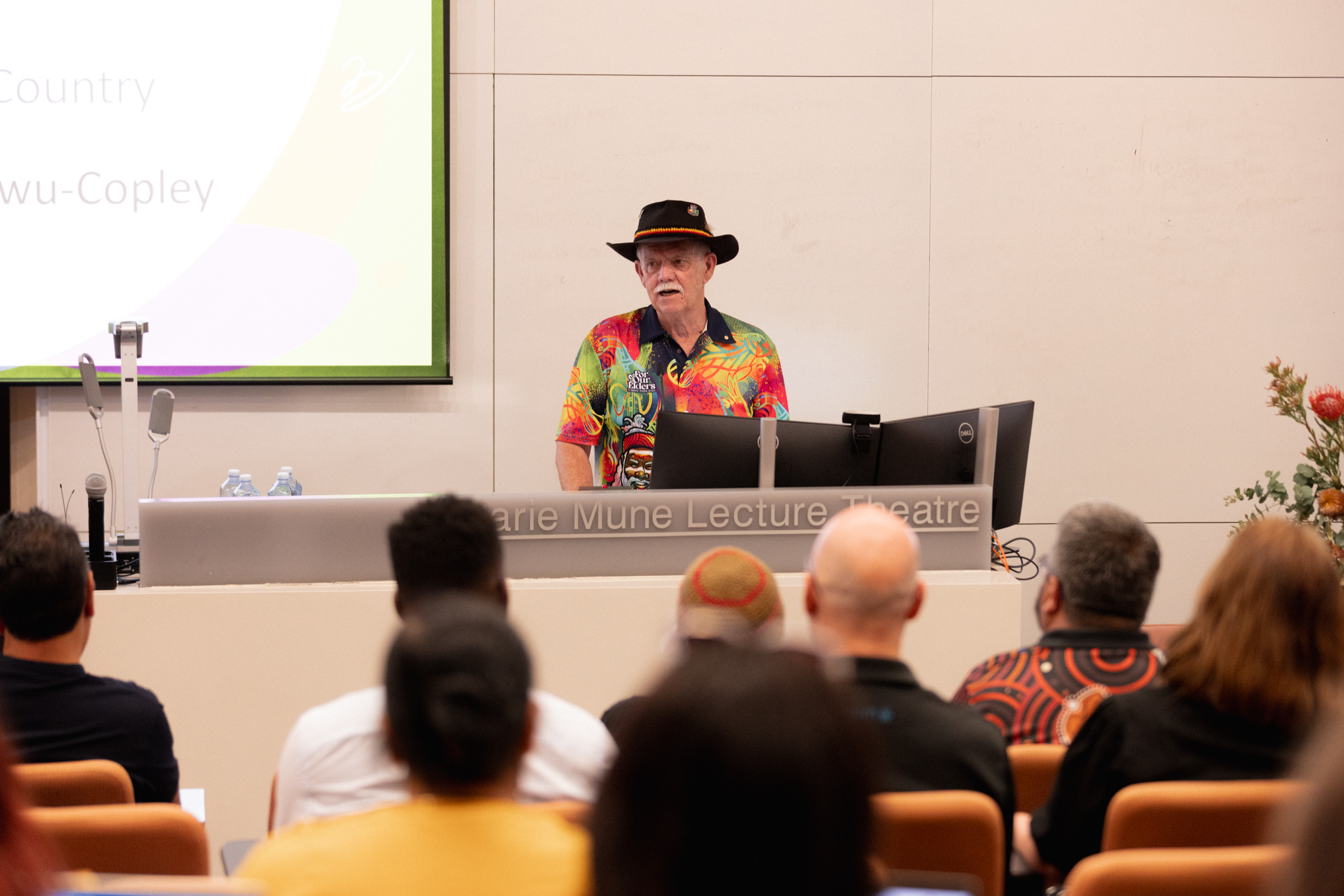
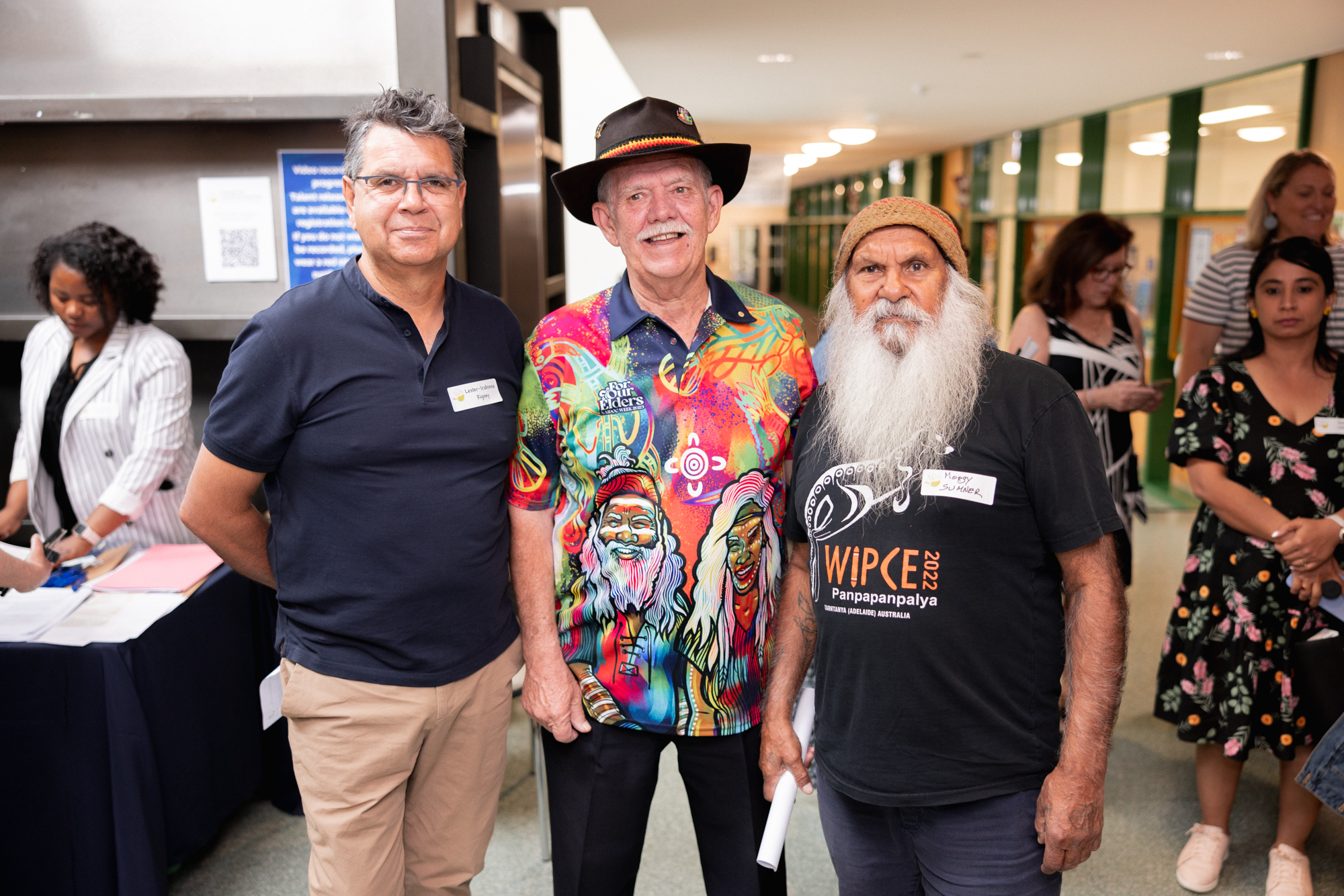
Critical Action Research Presentations:
Breakout sessions featured the critical action research projects of early childhood practitioners from South Australia and New South Wales and focued on the following two research areas:
- Culturally and linguistically responsive engagement with families.
- Developing a pedagogical repertoire for engaging children in culturally and linguistically meaningful learning.
Project Partners
Project Team
Work on this project will be a team effort bringing together research expertise from CRESI and WSU. The people listed below will be dedicated members of this entire project, but we may add specific expertise and capacity, should this be required.
Contact
Name: Associate Professor Jamie Sisson
Email: Jamie.Sisson@unisa.edu.au






